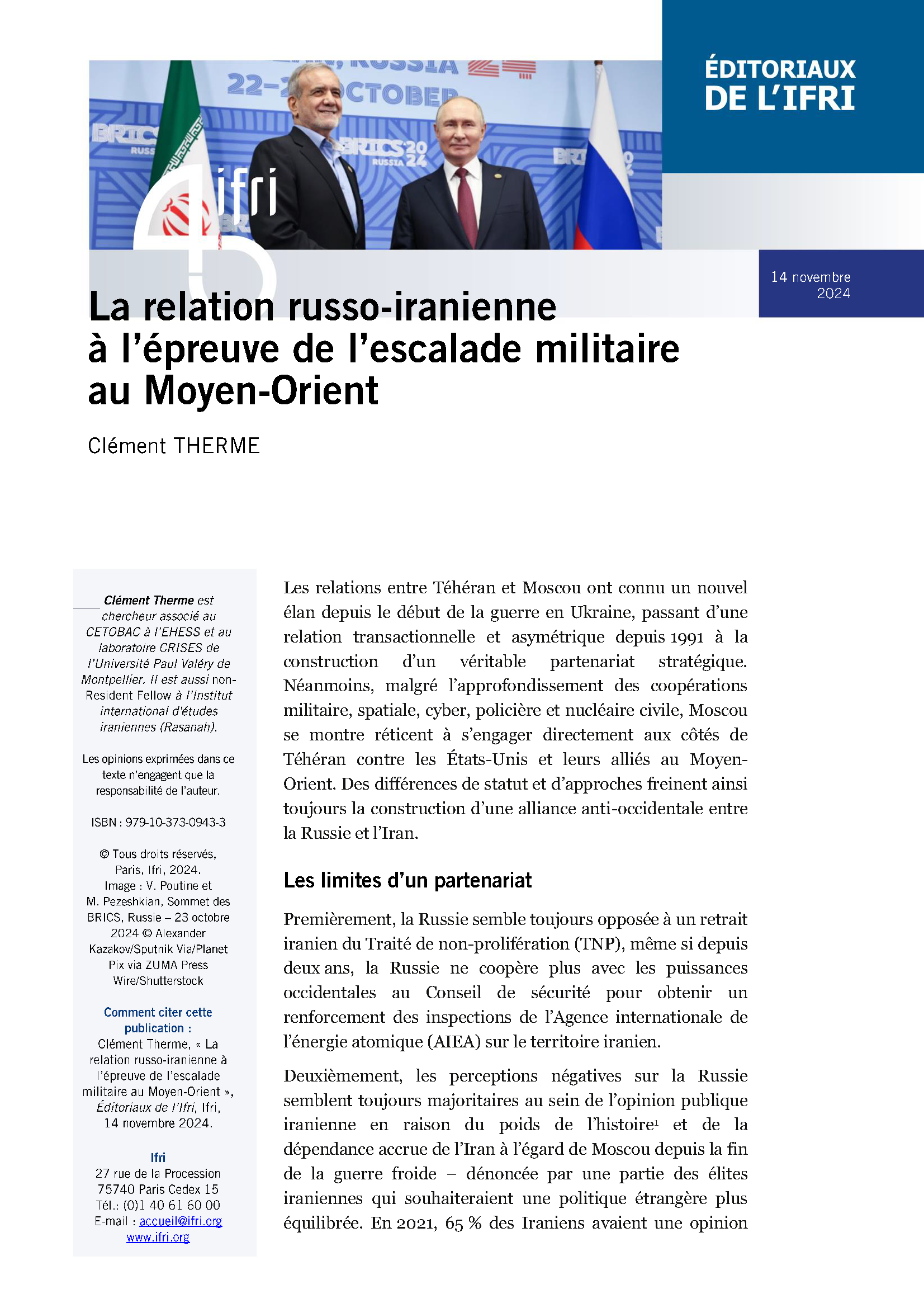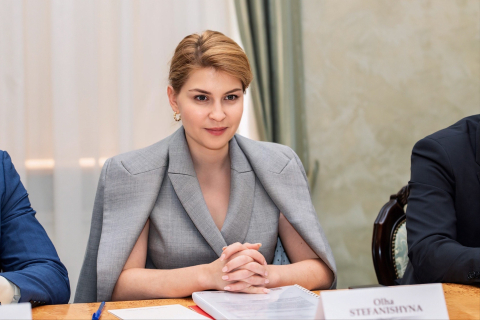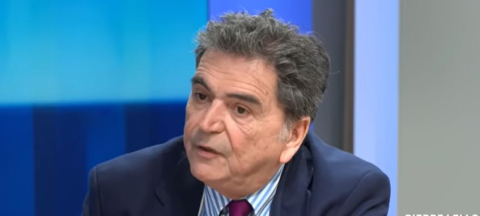
Informations pratiques
Thématiques et régions
Centres et programmes liés
Les inscriptions pour cet événement sont closes.
En savoir plus sur nos programmes de soutienDans le cadre de l'Ifri Energy Breakfast Roundtable, un séminaire avec Marcus Becker, European Energy Policy Executive, General Electric and Adrian Joyce, Secretary General, EuroAce, Claude Turmes, Vice President of the Green Group, European Parliament (tbc). Présidence: Maïté Jaureguy-Naudin, chercheur, coordinatrice de projet du programme Energie à l'Ifri et Jacques Lesourne, président du comité scientifique du programme Energie à l'Ifri.
Last June, the European Commission proposed a draft Energy Efficiency Directive in order to update, centralize and advance previous directives and to enhance development of related applications in EU member States. To date, EU progress in improving the energy intensity of its economy or the carbon intensity of its energy mix has been lackluster. Recent developments in the nuclear sector demand even greater rigor in efficiency. It has been said time and again that energy efficiency could be the main source of reduced GHG emissions and by far the most cost-effective. However, habits and energy mixes take long to change. Is the Energy efficiency directive proposed by the European Commission on June 2011 ambitious enough to put the less publicized of the 3*20 objectives on the right path? Are the tools set in place by the European Union to fight global warming complementary or in conflict such as the public spat between DG Climate & DG Energy over the draft release could lead us to believe ? Is the strategy strong enough to spur the renovation of the existing block? What would be the impact for the industry? For the power sector? Can we really expect to improve energy or carbon intensities in the absence of economic growth? Such are the questions that this conference will discuss.
Sujets liés
Autres événements
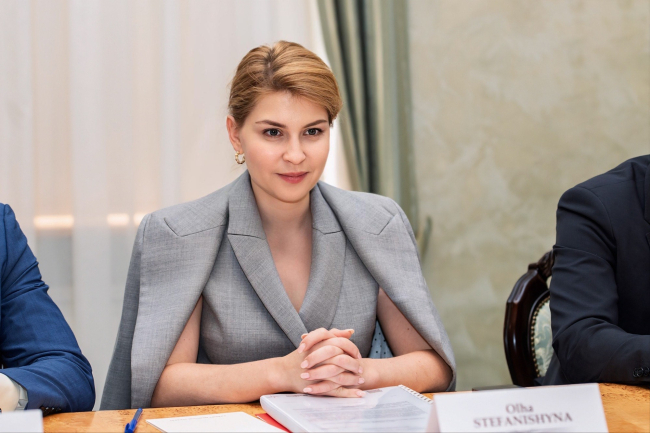
Entre guerre et réformes : quelles perspectives d’adhésion de l’Ukraine à l’UE et à l’OTAN ?
Conversation exclusive avec Olha Stefanishyna, vice-Première ministre d’Ukraine pour l’intégration européenne et euro-atlantique et ministre de la Justice.

Moyen-Orient : quel équilibre des forces ?
Après l'attaque du 7 octobre 2023, les réactions et les ambitions stratégiques des principaux acteurs – Israël, Hamas, Hezbollah - et de leurs alliés respectifs, au premier rang les Etats-Unis et l’Iran, exacerbent les tensions.
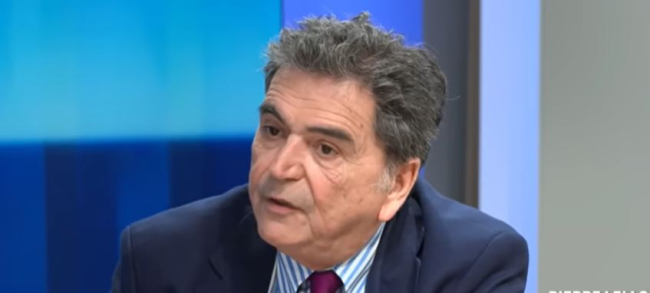
Petit-déjeuner débat avec Pierre Lellouche, ancien ministre, membre du Conseil stratégique de l'Ifri
Échange autour du livre de Pierre Lellouche "Engrenages. La guerre d'Ukraine et le basculement du monde", Paris, Odile Jacob, 2024.
Débat présidé par Thierry de Montbrial, président de l'Ifri, membre de l'Académie des Sciences morales et politiques


